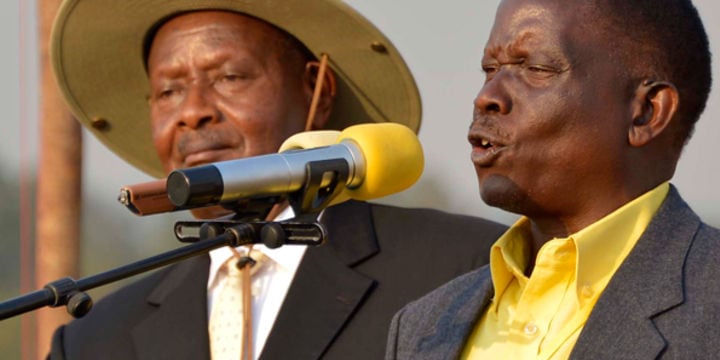In Uganda, the age-old adage, “The one who has gold rules the world,” manifests itself vividly in the intricate tapestry of political and economic dynamics. This analysis delves into the multifaceted aspects of this phenomenon, exploring how the possession and manipulation of wealth wield immense power, often to the detriment of democratic governance and societal equity.
At the heart of Uganda’s socio-political landscape lies a network of individuals and entities whose immense wealth translates into unparalleled influence and control. One glaring example is President Yoweri Museveni, whose nearly four-decade rule epitomizes the nexus between wealth accumulation and political hegemony. Museveni’s grip on power is not solely sustained by his political acumen but is significantly reinforced by his control over vast economic resources, including land, businesses, and patronage networks.
Moreover, Uganda’s natural resource wealth, particularly in sectors like oil, gold, and agriculture, serves as both a blessing and a curse. While these resources possess the potential to uplift the nation’s economy and improve the welfare of its citizens, they are often exploited by a select few, exacerbating inequality and fueling corruption. For instance, the recent discovery of oil in Uganda’s Albertine region has sparked a frenzied scramble for control among political elites and multinational corporations, leading to allegations of land grabs, environmental degradation, and human rights abuses against local communities.
The intertwining of political power and economic interests extends beyond the corridors of government to encompass various sectors of society. In Uganda, the phenomenon of “money politics” reigns supreme, where electoral success is often determined not by one’s vision or policies but by the size of their campaign war chest. This pervasive culture of patronage and bribery undermines the integrity of the democratic process, disenfranchising ordinary citizens and entrenching the dominance of the wealthy elite.
Furthermore, the concentration of wealth in the hands of a select few perpetuates social stratification and marginalization, particularly along ethnic and regional lines. In a country where poverty remains widespread, the ostentatious displays of wealth by the political and business elite serve as a stark reminder of the glaring inequalities that plague Ugandan society. The disparities in access to basic services such as healthcare, education, and infrastructure further widen the chasm between the affluent and the impoverished, breeding resentment and social unrest.
Nevertheless, amidst the pervasive influence of wealth in Ugandan politics, there are glimmers of hope and resistance. Civil society organizations, grassroots movements, and independent media outlets tirelessly advocate for transparency, accountability, and social justice, challenging the entrenched power structures and demanding reforms. Additionally, the emergence of a younger generation disillusioned with the status quo signals a potential shift towards a more inclusive and equitable society, where meritocracy trumps nepotism and cronyism.
In conclusion, Uganda stands at a critical juncture where the pervasive influence of wealth threatens to undermine the very foundations of democracy and equitable development. The adage, “The one who has gold rules the world,” rings true in Uganda, where economic power translates into political dominance, perpetuating a cycle of corruption, inequality, and social injustice. However, the resilience of the Ugandan people and the burgeoning movements for change offer a glimmer of hope for a future where power is no longer synonymous with wealth, and governance serves the interests of all citizens, regardless of their financial status.






Discussion about this post